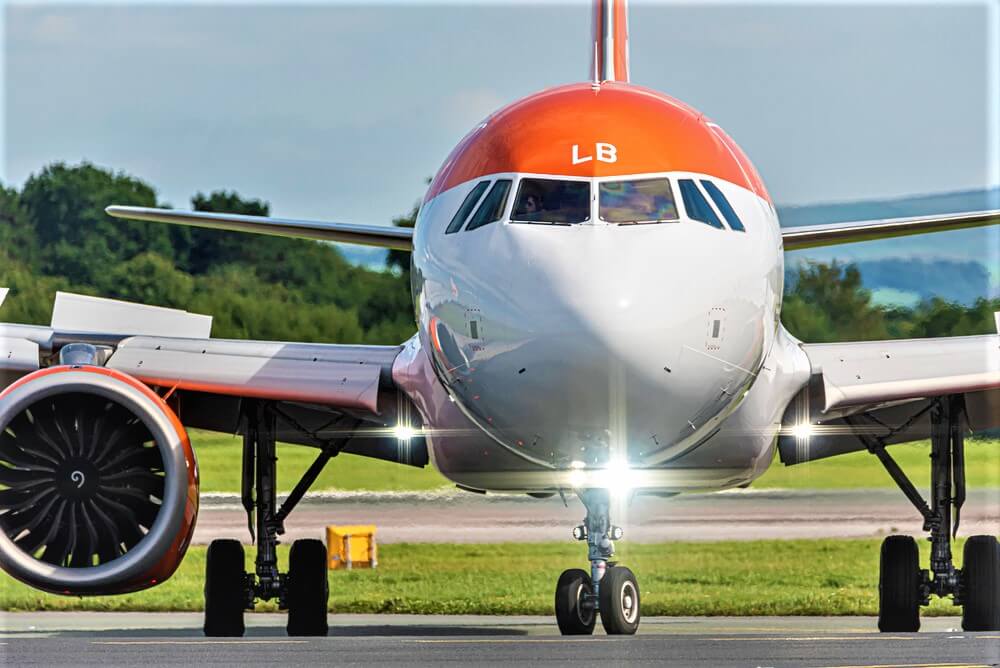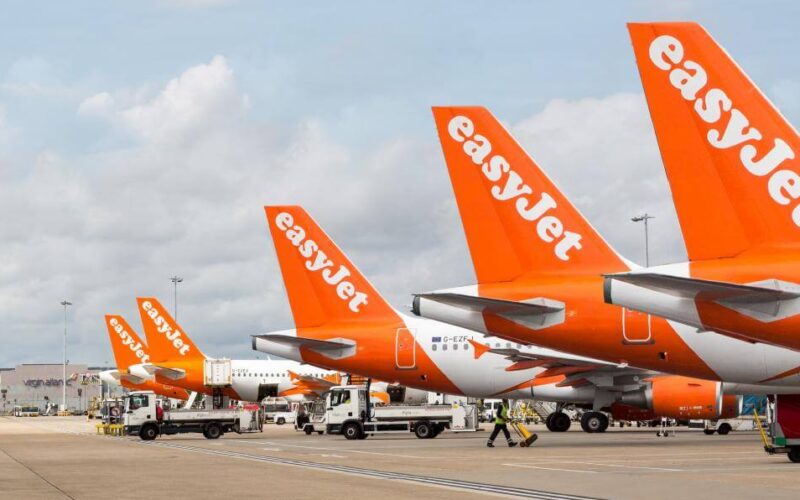easyJet has returned to profitability after announcing its latest set of figures for the last 12 months. The budget carrier credits a record-breaking second half of its financial year 2022/2023 as customers prioritized travel over other spending.
The airline has reported a headline pre-tax profit of £445 million ($556 million) for the 12 months ending September 30, 2023. This figure compares favorably with a loss of £178 million ($223 million) for the previous year and is in line with analysts’ expectations of £440-460 million.
As a result of the dramatic turnaround in its fortunes, a return to profitability, and a strong outlook for the year ahead, the company has reinstated its dividend payment to shareholders after a three-year absence.
The airline’s board of directors is recommending a final dividend of 4.5p (5.63 cents) per share, and the airline intends to increase this to 20% of profits in the current financial year.
Total revenue rose by 42% to £8.17 billion ($10.21 billion) due to increased overall capacity flown, pricing strength, and improved network load factor. The continued strength of the in-house holiday brand (easyJet holidays) also contributed heavily to the carrier’s success.
Network capacity increased 14% year-on-year to 92.6m seats, while passenger numbers rose by 19% to 82.8m. The network load factor across the airline’s divisions improved by three percentage points to 89%.
Then, performance is particularly impressive as the company’s headline costs rose in the same period by a whopping 30% to £7.72 billion ($9.65 billion). This was attributed to “increased volumes, higher fuel costs, and industry-wide inflationary pressures,” according to the airline.

“Our record summer performance demonstrates the success of our strategy and that demand for easyJet remains strong,” said Chief Executive Johan Lundgren. “We see a positive outlook for this year with airline and holiday bookings both ahead year on year, and recent consumer research highlights that around three-quarters of Britons plan to spend more on their holidays versus last year, with travel continuing to be the top priority for household discretionary spending.”
Looking ahead
The company also announced that its latest financial year had started positively, with solid profit growth in October and early bookings for the second quarter (Q2) ahead of last year.
This is despite the airline experiencing a general drop in bookings since the Israel-Hamas war started in October. The unrest prompted easyJet to pause flights to destinations in both Israel and Jordan. Along with Egypt, these two markets comprise 4% of the airlines’ winter flying program.
However, despite this, the carrier said that demand was returning, and consumers were still keen to holiday abroad next year. Traditional destinations such as Antalya in Turkey, Mallorca and the rest of the Balearics, and the Greek islands are popular. Over the winter, the Canaries and Lapland are in demand.
“As we saw with Ukraine, there has been a short-term industry-wide impact on flight searches and bookings, though this now seems to be coming back with a recent improvement in trading,” said Lundgren.
The airline currently operates a total of 338 Airbus A320 family narrowbody aircraft. It also has orders for 158 A320 family aircraft from Airbus for delivery in the years leading up to 2029 and has struck a conditional deal for a further 157 A320 and A321s for delivery between 2029 and 2034, as it plans to replace half of its existing A320 fleet.
Read more: easyJet swings into profit as demand for leisure travel soars
